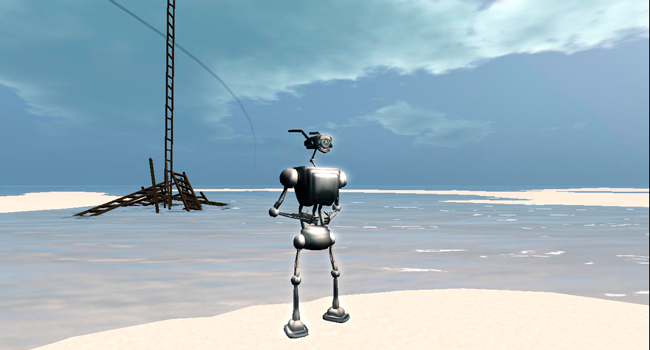The purpose of this study is to understand and conceptualize the transformation of a particular community of pedagogical practice based on the implementation of the 3D virtual world, Second Life™. The community setting is a course at the Danish online postgraduate Master's programme on ICT and Learning, which is formally situated at Aalborg University. The study is guided by two research questions focusing on the participants' responses to the avatar phenomenon and the design of the course.
In order to conduct and theorize about the transformation of this community of practice due to the 3D-remediation a research-led Action Research approach has been chosen to enable research with focus on both actions and critical reflections carried out in four consecutive research cycles from 2007-2011. 53 master students, one main teacher (the author), and several guest teachers have participated in the study. The findings are predominantly based on analysis of asynchronous student discussions in FirstClass™ (1.104 postings) and synchronous participant observation in Second Life (130 hours). A Grounded Theory-inspired approach has been used to generate and analyse the data in this study, meaning that no predefined theoretical framework was used to guide the design of the research cycles from the onset of the study. However, as the research progressed more and more elements from situated learning and the communities of practice theory influenced the design.
The study has demonstrated the importance of the avatar as pedagogical design element given that it is through the avatar the participants identify themselves and others, create meaning and experience learning in the virtual world. Furthermore, the findings show that the avatar cannot be understood devoid of context, devoid of other pedagogical design elements.
In summary, the study contributes with knowledge about 3D Virtual Worlds, the influence of the avatar phenomenon and the consequences of 3D-remediation in relation to teaching and learning in online education. Based on the findings, a conceptual design model, a set of design principles, and a design framework has been developed.

